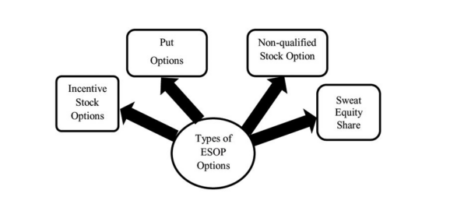Table of Contents
Meaning of a Project
A project is an organized unit dedicated to the attainment of a goal, and the successful completion of a development project on time, within budget, and in conformance with pre-determined program specifications.
Characteristics of a Project
A project is an economic activity with well-defined objectives and a specific beginning and end. It should be amenable to planning financing and implementation as a unit where both costs and returns are measurable.
A well-planned project includes a correct consideration of alternatives, identification of key issues, wider participation, compactness, and enforceability. The main characteristics of a project are:
- Single Definable Purpose, End-item or Result
- Every Project is Unique
- Projects are Temporary Activities
- Projects Cut Across Organizational Lines
- Projects Involve Unfamiliarity
- Unique Project Activity
- Process of Working to Achieve a Goal
Single Definable Purpose, End-item or Result
This is usually specified in terms of cost, schedule, and performance requirements.
Every Project is Unique
It requires the doing of something different, something that was not done previously. Even in what is often called “routine” projects such as home construction, variables such as terrain, access, zoning laws, labor market, public services, and local utilities make each project different. A project is a one-time, once-off activity, never to be repeated exactly the same way again.
Projects are Temporary Activities
A project is an ad hoc organization of staff, materials, equipment, and facilities that is put together to accomplish a goal. This goal is within a specific time frame. Once the goal is achieved, the organization created for it is disbanded or sometimes it is reconstituted to begin work on a new goal (project).
Projects Cut Across Organizational Lines
Projects always cut across the regular organizational lines and structures within a firm. They do this because the project needs to draw from the skills and talents of multiple professions and departments within the firm and sometimes even from other organizations.
The complexity of advanced technology often leads to additional project difficulties, as they create task interdependencies that may introduce new and unique problems.
Projects Involve Unfamiliarity
Because a project differs from what was previously done, it also involves unfamiliarity. Often time a project also encompasses new technology and, for the organization/firm undertaking the project, these bring into play significant elements of uncertainty and risk.
Unique Project Activity
The organization usually has something at stake when undertaking a project. The unique project “activity” may call for special scrutiny or effort because failure would jeopardize the organization/firm or its goals.
Process of Working to Achieve a Goal
A project is the process of working to achieve a goal: During the process, projects pass through several distinct phases, which form and are called the project life cycle.
The tasks, people, organizations, and other resources will change as the project moves from one phase to the next. The organizational structure and the resource expenditures build with each succeeding phase; peak; and then decline as the project nears completion.
FAQs Section About Characteristics of a Project
What are the characteristics of a project?
The following are the characteristics of a project:
1. Single Definable Purpose, End-item or Result
2. Every Project is Unique
3. Projects are Temporary Activities
4. Projects Cut Across Organizational Lines
5. Projects Involve Unfamiliarity
6. Unique Project Activity
7. Process of Working to Achieve a Goal.




